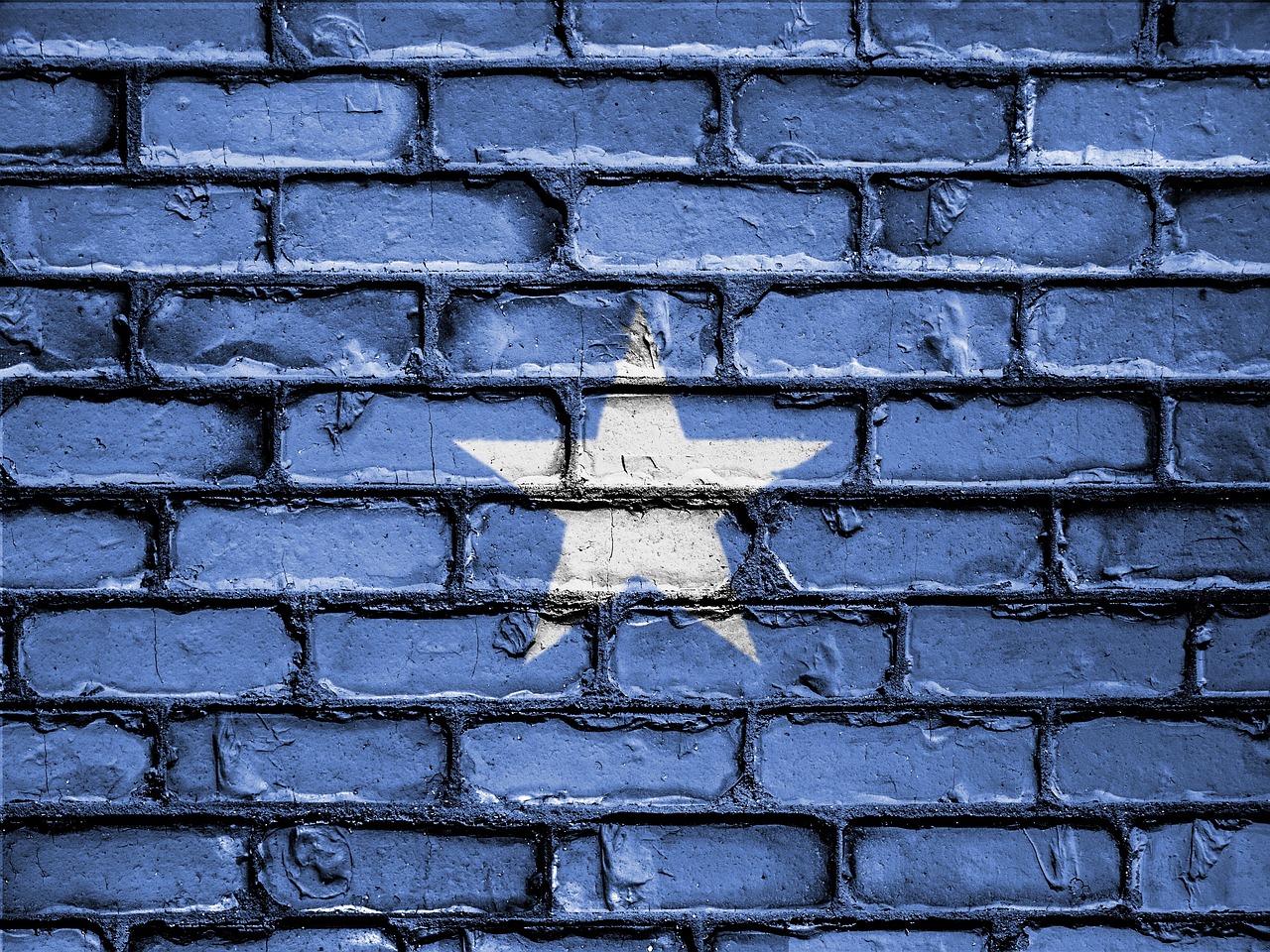- America’s Forgotten Terror Attacks - April 10, 2025
- The Hidden Link Between Real Estate and Organized Crime in the U.S. - April 10, 2025
- Organized Crime in the U.S. Postal System: An Unlikely Criminal Pipeline - April 10, 2025
Somalia
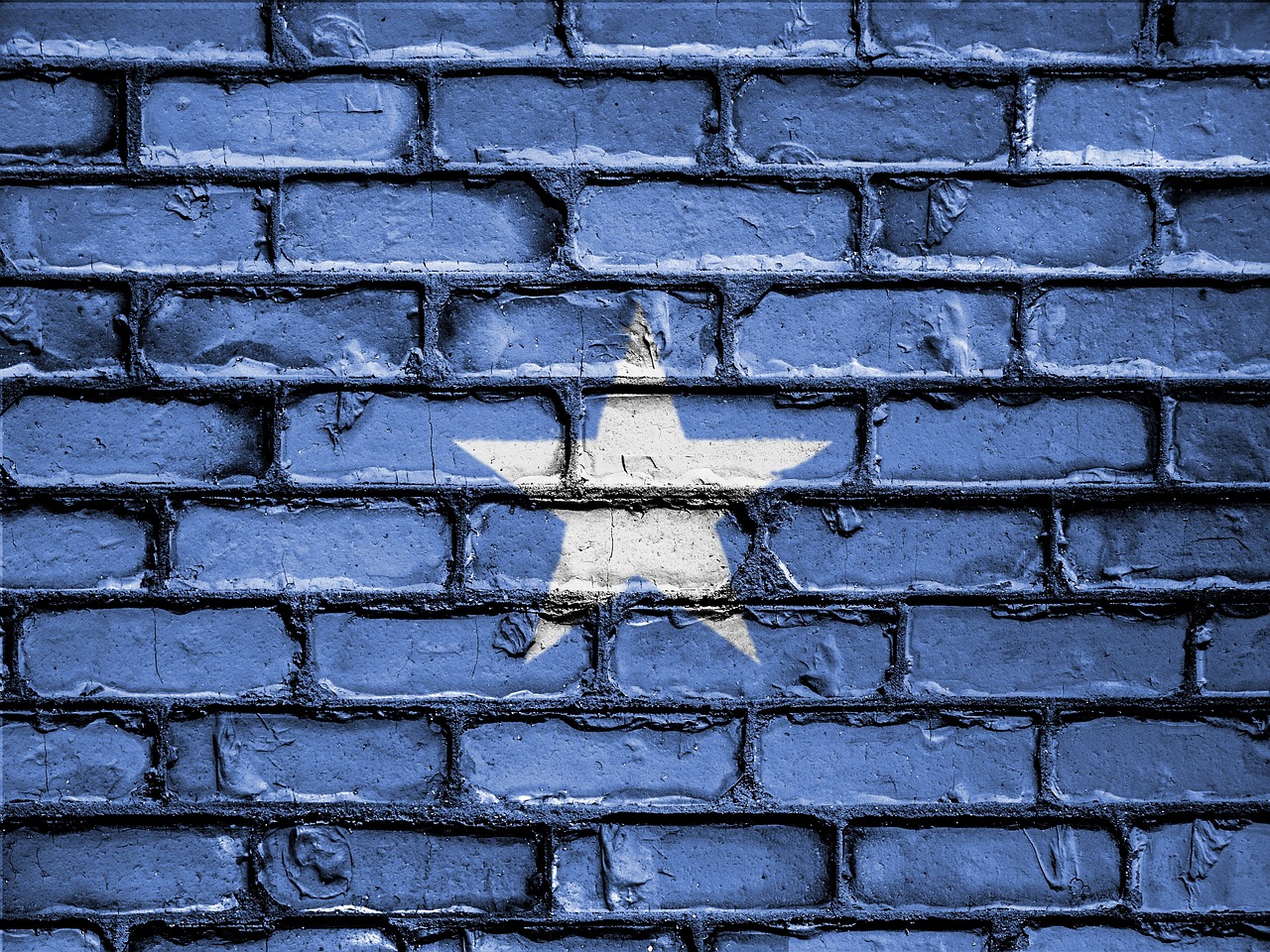
Somalia is often labeled as the epitome of corruption, a title that has been cemented over decades of turmoil. The nation has been without a stable government since the collapse of the Siad Barre regime in 1991, resulting in a power vacuum that has been exploited by warlords and militant groups. The lack of governance has allowed corruption to seep into every facet of life, from the judiciary to the police. In 2022, Somalia scored a mere 12 out of 100 on Transparency International’s Corruption Perceptions Index (CPI), indicating rampant corruption. The absence of a centralized authority has also led to the misuse of international aid, with funds often diverted to fuel further conflict. This cycle of corruption and instability has left the Somali people in a perpetual state of poverty and insecurity.
South Sudan
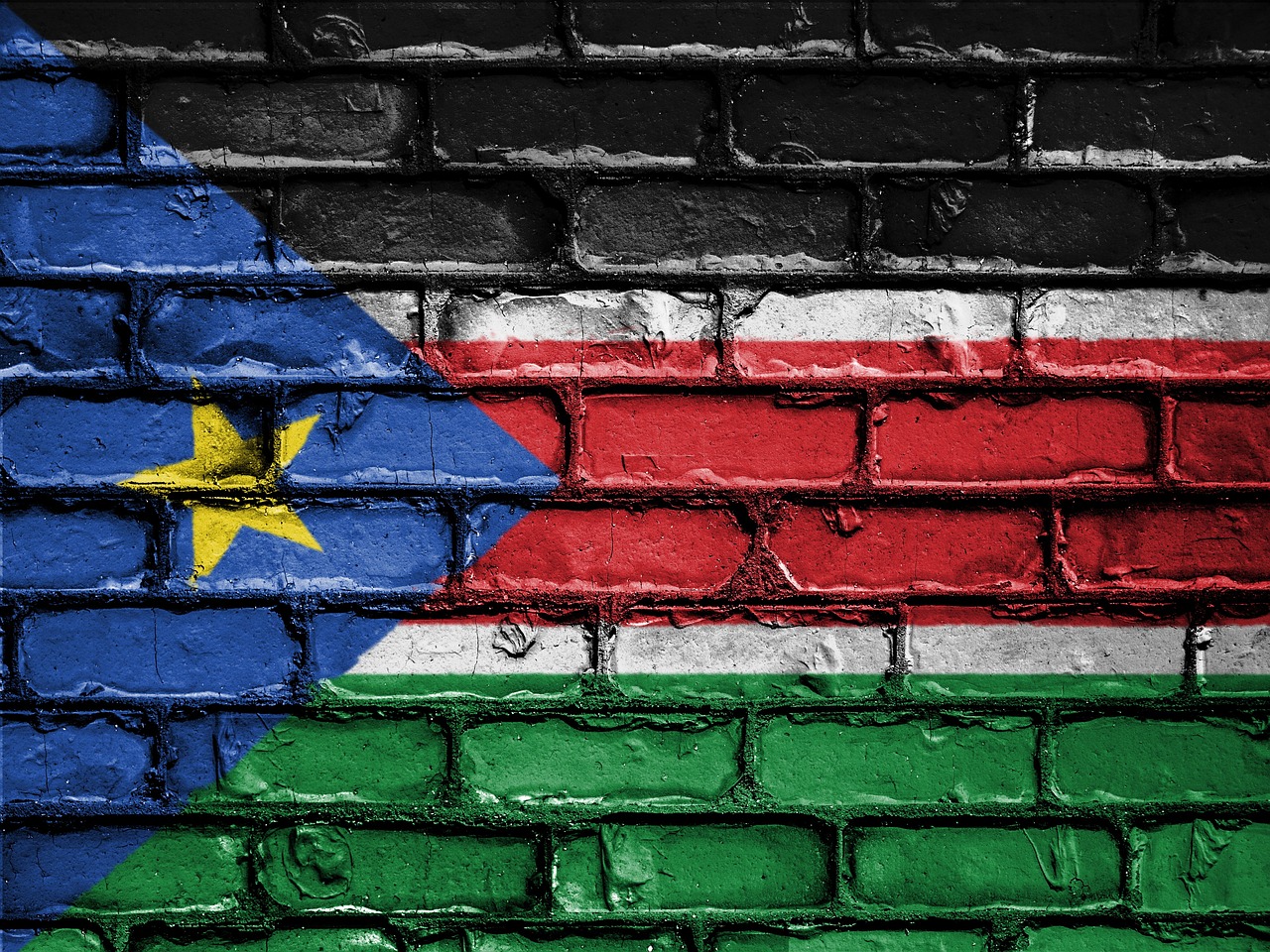
The world’s youngest nation, South Sudan, has struggled with corruption since its inception in 2011. The country is rich in resources, yet its people remain impoverished due to mismanagement and graft. In 2022, the CPI score for South Sudan was a dismal 11, reflecting the deep-rooted corruption within its government and military. Public funds are frequently embezzled, leaving essential services underfunded and the population vulnerable. The ongoing civil conflict has further exacerbated these issues, as leaders prioritize military spending over public welfare. Corruption in South Sudan is not just a political issue; it is a humanitarian crisis affecting millions.
Syria
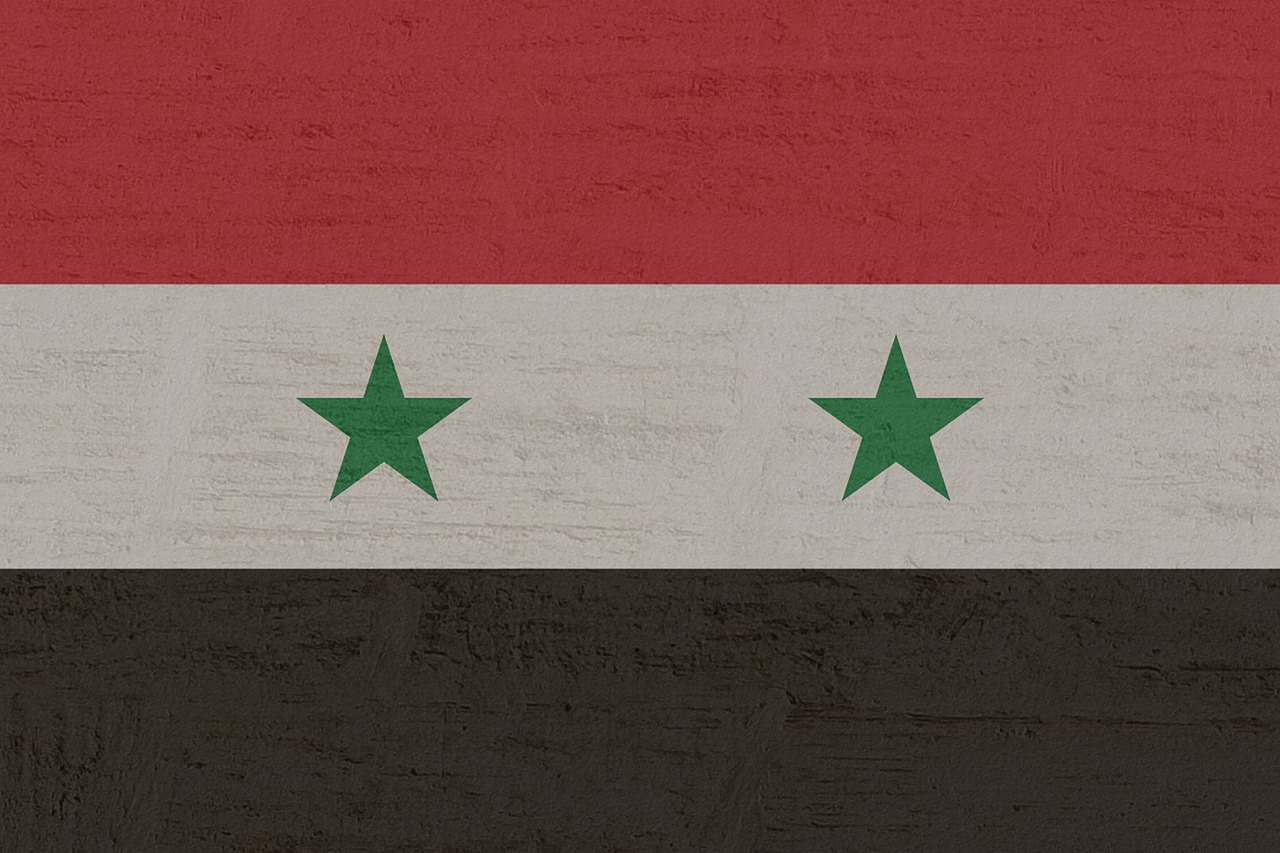
Syria’s prolonged civil war has created fertile ground for corruption, with the Assad regime at the center of it all. The CPI score for Syria in 2022 was 13, underscoring the severe corruption within the government and military. Human rights abuses are rampant, and the misappropriation of aid funds is a common practice. Corruption extends to critical sectors like healthcare and education, where bribes are often required for basic services. The war has also led to the rise of black markets, making it even more challenging to root out corrupt practices. In Syria, corruption is not just a symptom of war; it is a weapon used to maintain power.
Yemen
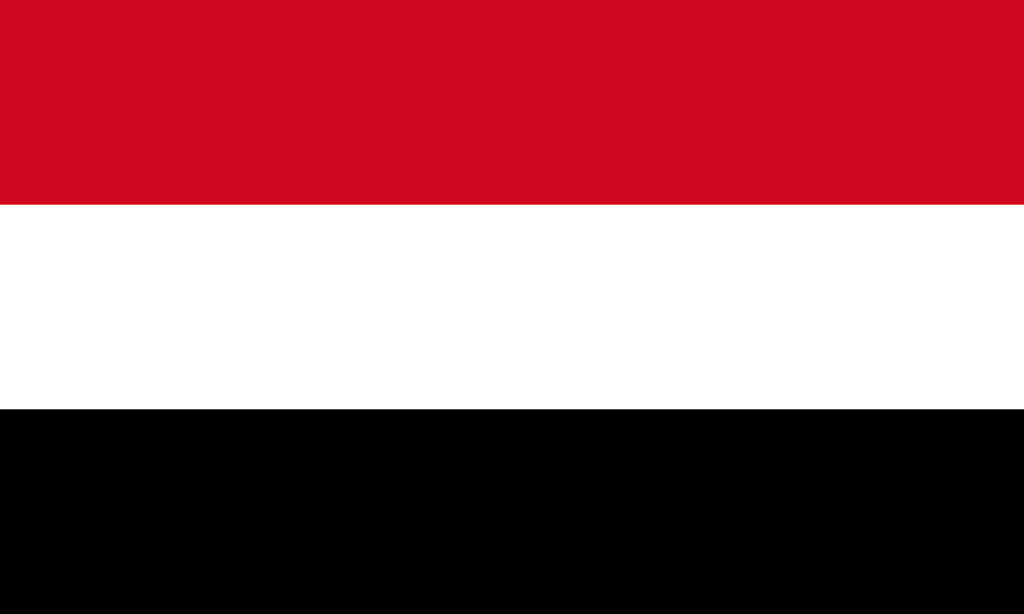
Yemen has been engulfed in conflict since 2015, leading to a humanitarian catastrophe compounded by corruption. The CPI score for Yemen was 16 in 2022, highlighting the widespread graft that permeates its government. Officials frequently engage in bribery and embezzlement, diverting humanitarian aid meant for the suffering population. The ongoing war has created a governance void, allowing corrupt practices to flourish unchecked. The lack of transparency and accountability in governance has made it nearly impossible to address these issues effectively, leaving the Yemeni people in dire straits.
Venezuela
Venezuela’s political and economic crisis is a textbook case of how corruption can cripple a nation. The CPI score for Venezuela was 14 in 2022, reflecting the rampant graft that has plagued the country for years. The government has been accused of misusing state resources and engaging in corrupt practices to maintain its grip on power. Despite being rich in oil, Venezuela’s economy is in shambles, with shortages of basic goods and services. Efforts to combat corruption are often thwarted by a lack of political will and judicial independence, leaving the country in a state of perpetual crisis.
Sudan
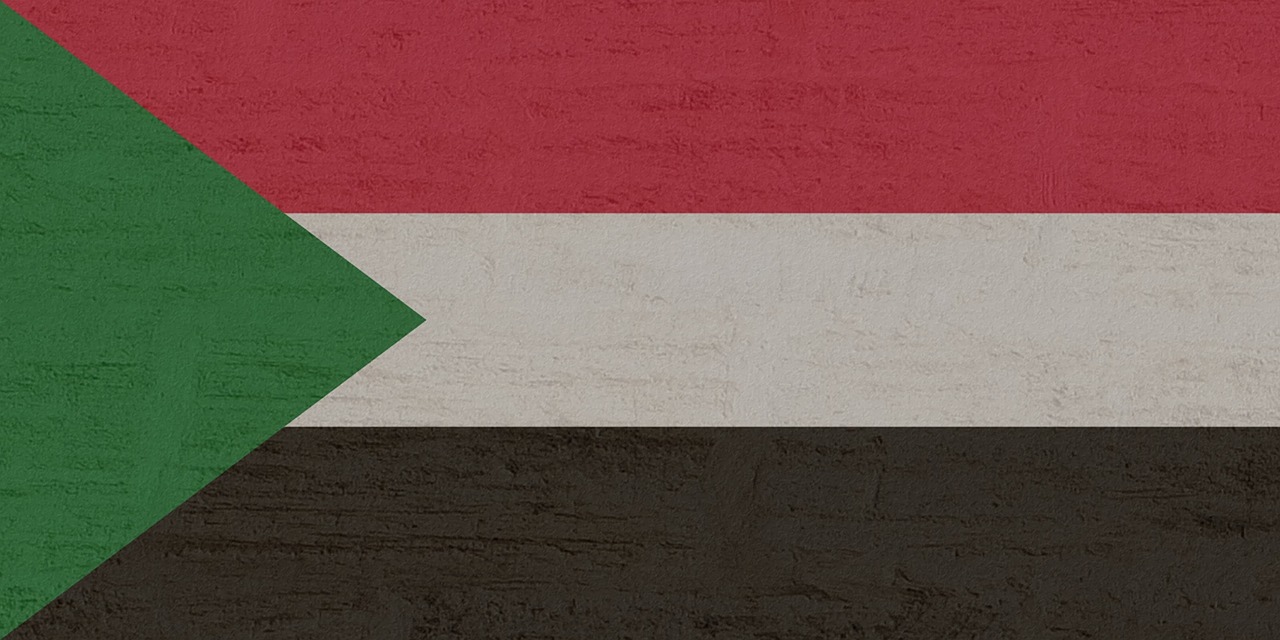
Sudan has been grappling with corruption, particularly in the wake of former President Omar al-Bashir’s ousting in 2019. The CPI score for Sudan was 16 in 2022, highlighting the pervasive corruption that continues to plague the nation. Bribery and embezzlement are rampant, and the transitional government has struggled to address these issues within the military and other institutions. The lack of accountability and transparency has hindered efforts to promote good governance. Political instability has further complicated matters, making it difficult to implement effective anti-corruption measures.
Equatorial Guinea
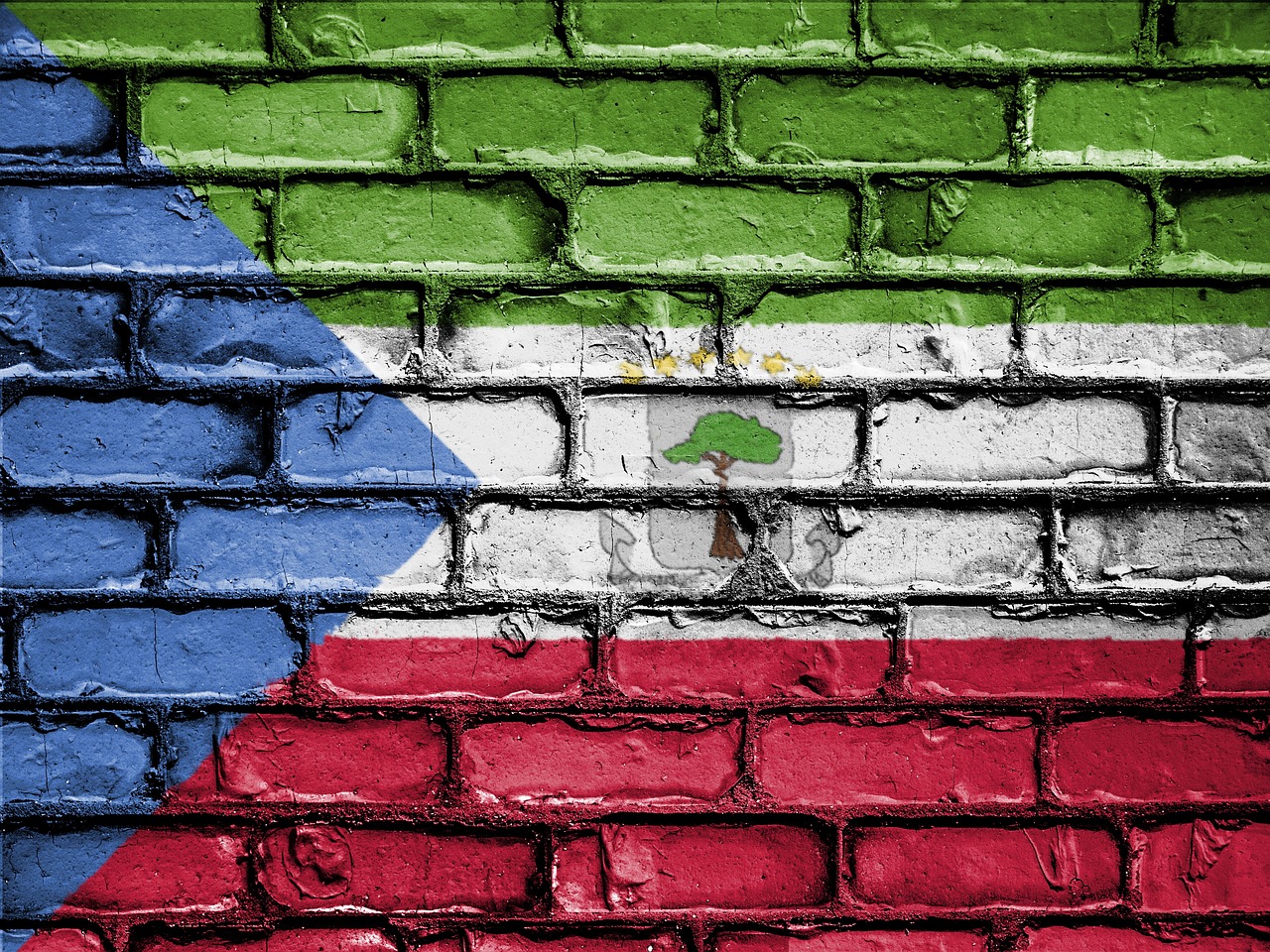
Equatorial Guinea is a paradox, rich in oil yet impoverished due to corruption. The CPI score for Equatorial Guinea was 17 in 2022, indicating the deep-rooted graft within its government. President Teodoro Obiang has been in power since 1979, and his regime has been accused of embezzling state funds and suppressing dissent. Despite its wealth, the majority of the population lives in poverty, highlighting the disconnect between resources and governance. Corruption in Equatorial Guinea is not just a political issue; it is a systemic problem that affects every aspect of life.
Iraq
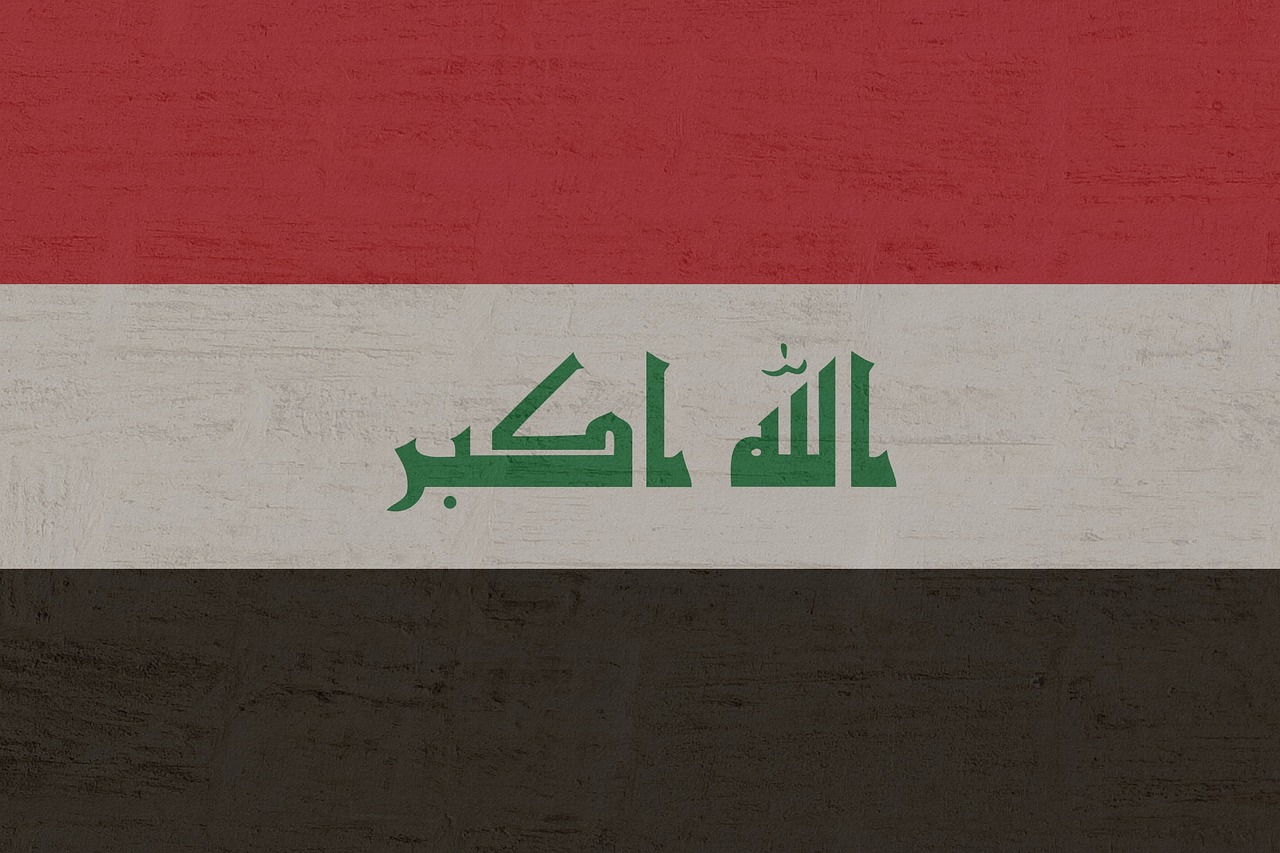
Iraq has struggled with corruption since the U.S.-led invasion in 2003, a problem that has only worsened over time. The CPI score for Iraq was 24 in 2022, indicating significant levels of perceived corruption. Graft is prevalent in sectors like oil, construction, and public services, with officials often engaging in bribery and embezzlement. The lack of accountability and transparency has made it challenging to combat corruption effectively. Ongoing security challenges further complicate efforts for reform, leaving Iraq in a quagmire of corruption and instability.
Afghanistan
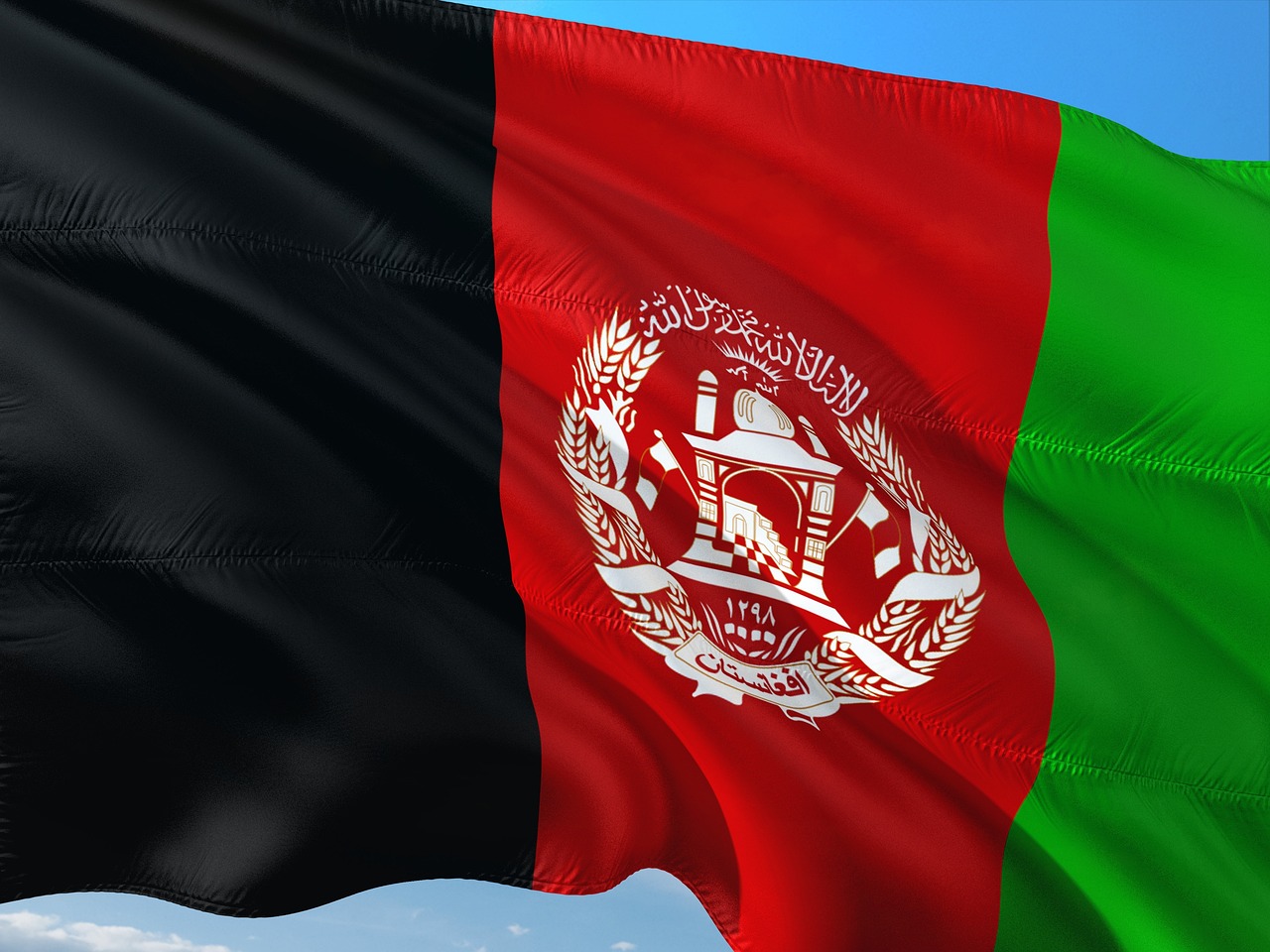
Afghanistan has faced significant corruption challenges, especially following the U.S. withdrawal in 2021. The CPI score for Afghanistan was 16 in 2022, reflecting the pervasive graft within its government and security forces. Corruption is rampant in sectors like law enforcement and public services, undermining efforts to promote stability and development. The absence of effective governance has allowed corrupt practices to flourish, leaving the Afghan people in a precarious situation. In Afghanistan, corruption is not just a governance issue; it is a barrier to peace and prosperity.
Libya
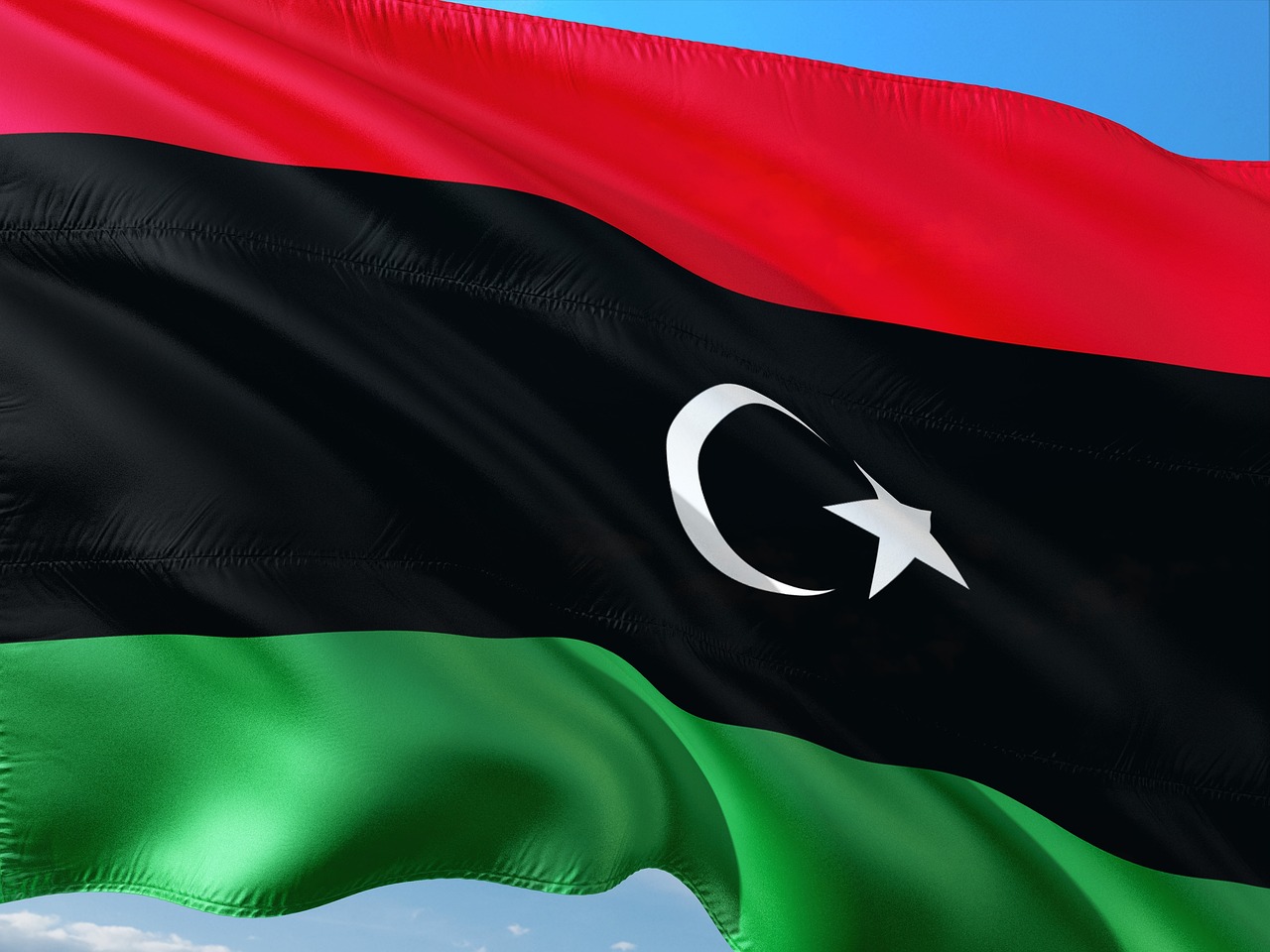
Libya has been in a state of turmoil since the fall of Muammar Gaddafi in 2011, leading to widespread corruption. The CPI score for Libya was 17 in 2022, highlighting the high level of perceived corruption. The ongoing conflict has created a power vacuum, allowing corrupt practices to thrive unchecked. Government officials often engage in bribery and embezzlement, diverting resources away from essential services. The lack of accountability and transparency has made it challenging to address corruption effectively, leaving Libya in a cycle of instability and graft.

